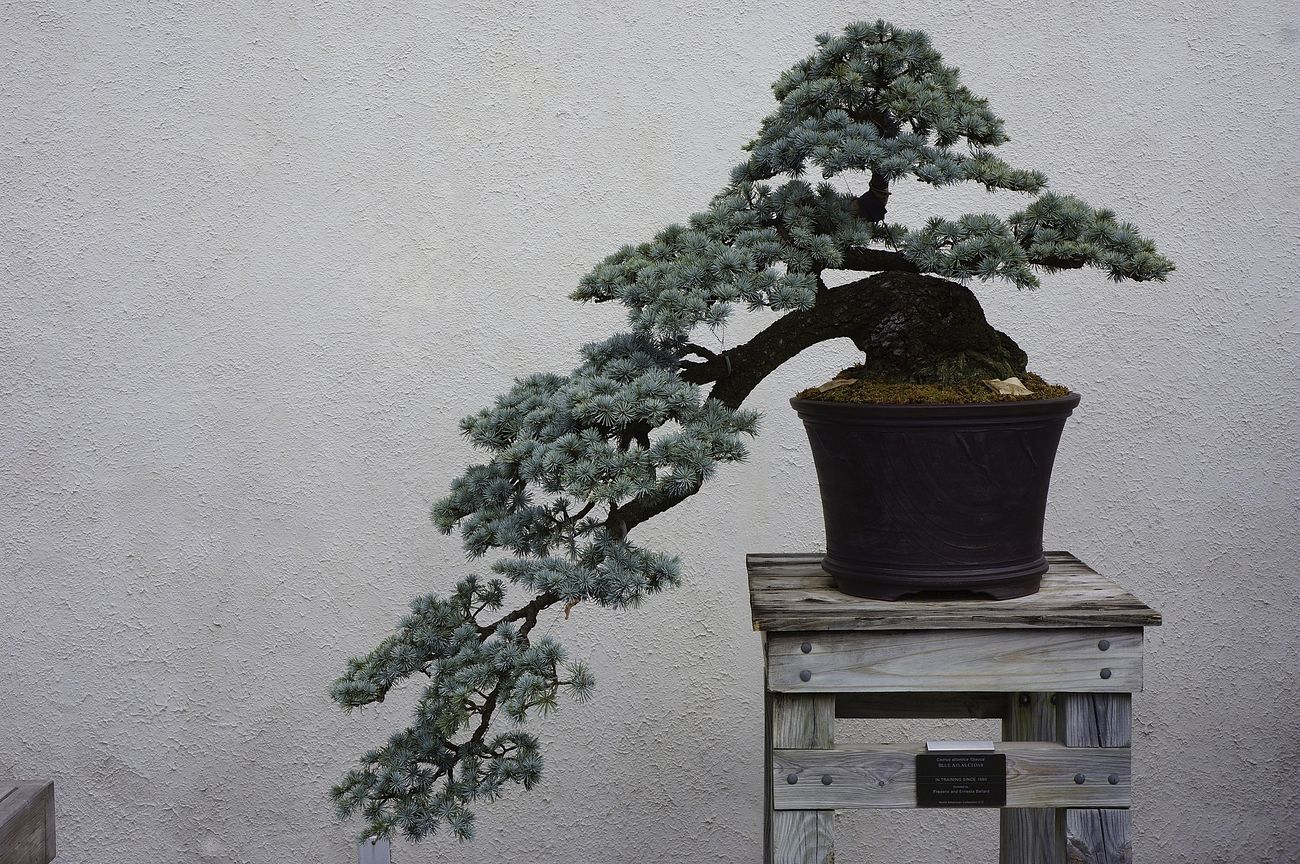The Zen of Bonsai Tree: Cultivating Tranquility & Serenity and Mindfulness through Tree Care
In today’s fast-paced and chaotic world, finding moments of tranquility and serenity can be a challenge. However, one ancient practice that has stood the test of time is the art of bonsai. Bonsai, with its deep-rooted connection to Zen Buddhism and its focus on mindfulness and serenity, offers a unique way to cultivate a sense of peace and inner harmony.
The Art of Bonsai: Finding Zen in Cultivating Tranquility
Understanding the Concept of Zen and Bonsai
At its core, Zen is a philosophy that emphasizes living in the present moment and finding inner peace. Bonsai, on the other hand, is the art of cultivating miniature trees in containers. The practice of bonsai originated in ancient China and was later adopted and refined by the Japanese.
When combined, Zen and bonsai create a powerful synergy. The meticulous care and attention to detail required in bonsai cultivation encourage practitioners to be fully present in the moment, fostering a sense of tranquility and serenity.
Creating a Zen Garden with Bonsai Trees
One way to incorporate the principles of Zen and bonsai into your life is by creating a Zen garden with bonsai trees. A Japanese Zen garden is carefully designed to evoke a sense of peace and contemplation. By strategically placing bonsai trees within the garden, you can create a harmonious and serene environment that promotes mindfulness and tranquility.
The aesthetics of a Zen garden are essential in creating a tranquil space. Incorporating natural elements such as rocks, gravel, and water features alongside carefully pruned and nurtured bonsai trees can help evoke a sense of balance and harmony.
The Cultural Significance of Bonsai and Zen
Bonsai has deep cultural significance in Japan, where it is seen as an expression of the country’s unique aesthetic sensibilities. The practice of bonsai is often likened to a spiritual journey, a way to uncover the beauty and essence of nature.
Similarly, Zen Buddhism has had a profound influence on Japanese culture. Zen teachings emphasize the importance of meditation and mindfulness, both of which can be incorporated into the art of bonsai cultivation.
Mindfulness and Serenity in Bonsai Tree Care
The Role of Mindfulness in Bonsai Care
Bonsai cultivation requires careful attention to detail and constant observation. By being fully present in the act of caring for your bonsai tree, you cultivate mindfulness. Each cut, each shaping, and each watering becomes an opportunity to connect with the tree and the present moment.
Practicing mindfulness in bonsai care not only enhances the health and growth of the tree but also allows the practitioner to experience a sense of peace and serenity. The act of caring for a bonsai tree becomes a meditative practice in itself.
Cultivating Serenity through Bonsai Tree Care
When you engage in bonsai tree care, you enter a meditative state of mind. The repetitive and rhythmic actions of pruning, shaping, and watering create a sense of calm and serenity. The process of caring for a bonsai tree becomes a soothing ritual that helps to lower stress levels and promote emotional well-being.
Watching your bonsai tree thrive under your careful attention and witnessing its transformation over time can be incredibly rewarding. The tranquil beauty of a well-cultivated bonsai tree serves as a constant reminder of the serenity and harmony that can be found in nature.
Exploring the Aesthetics of Tranquility in Bonsai
The aesthetics of a bonsai tree are heavily influenced by the principles of Zen Buddhism. Balance, simplicity, and harmony are central to Zen aesthetics and are beautifully reflected in the art of bonsai.
By carefully selecting the type of tree and the shape and style of the bonsai, you can create a visually captivating representation of tranquility. For example, the juniper bonsai, with its evergreen foliage and elegant lines, exudes a sense of peace and serenity.
Bringing Zen Buddhism into Bonsai Tree Care
The Connection between Zen Buddhism and Bonsai
The philosophical underpinnings of Zen Buddhism align closely with the principles of bonsai tree care. Both emphasize simplicity, mindfulness, and a deep reverence for nature. The act of tending to a bonsai tree becomes a spiritual practice, a way to connect with the natural world and cultivate a sense of inner peace.
Bonsai, like Zen Buddhism, encourages practitioners to let go of attachments and expectations, allowing the tree to grow and evolve naturally. It serves as a metaphor for the impermanence of life and the importance of embracing the present moment.
Practicing Zen Meditation with Bonsai Trees
For those who wish to deepen their spiritual practice, combining bonsai care with Zen meditation can be a powerful experience. By meditating in the presence of your bonsai tree, you can further cultivate mindfulness and develop a deeper connection to the natural world.
Sitting in contemplation alongside your bonsai tree allows you to observe its beauty and contemplate the transient nature of life. It becomes a reminder to stay grounded and present, embracing the ever-changing rhythms of existence.
Final Thoughts on Embracing Zen in Bonsai Tree Care
The art of bonsai offers a captivating journey into the world of tranquility and serenity. By nurturing a bonsai tree with mindfulness and care, you not only create a visually stunning masterpiece but also cultivate a sense of inner peace and harmony.
Embracing the principles of Zen in bonsai tree care allows us to slow down, appreciate the beauty of nature, and find moments of tranquility in our hectic lives. It is an art form that invites us to connect with our inner selves and the world around us, reminding us of the importance of living in the present moment.
